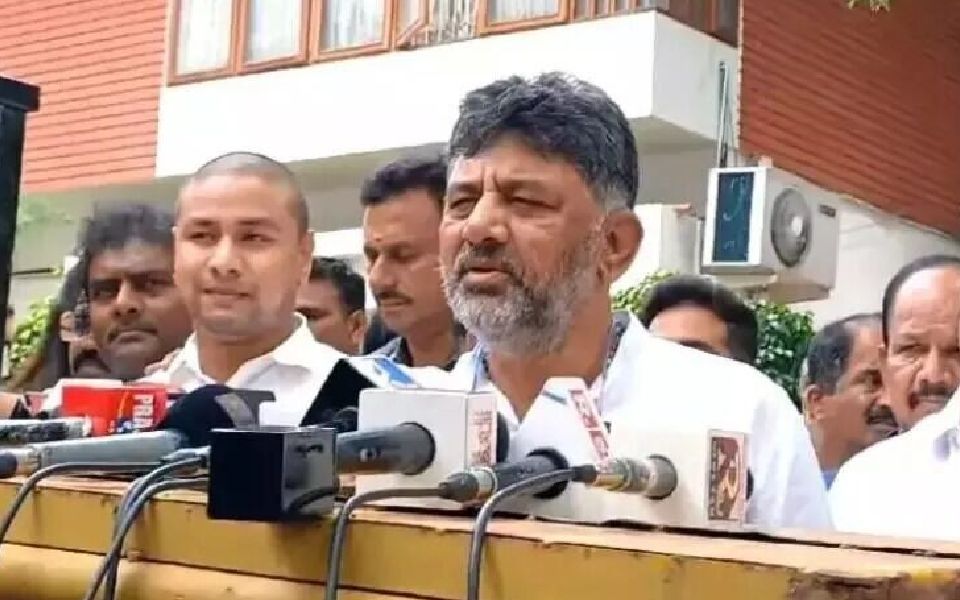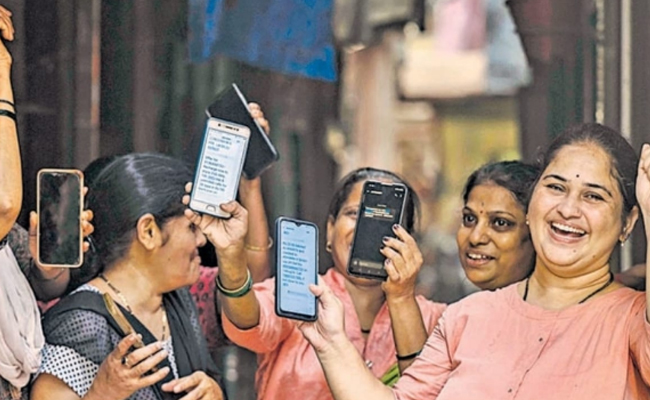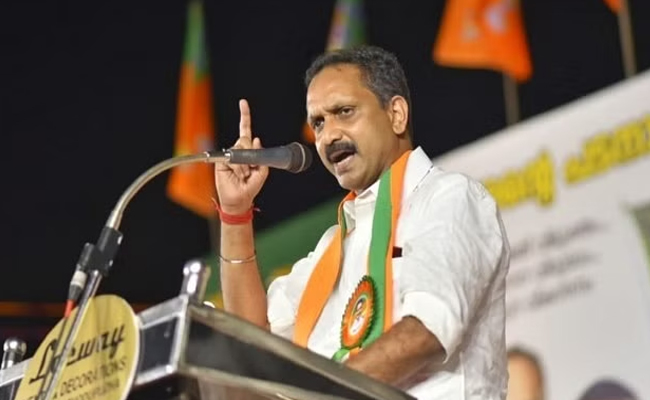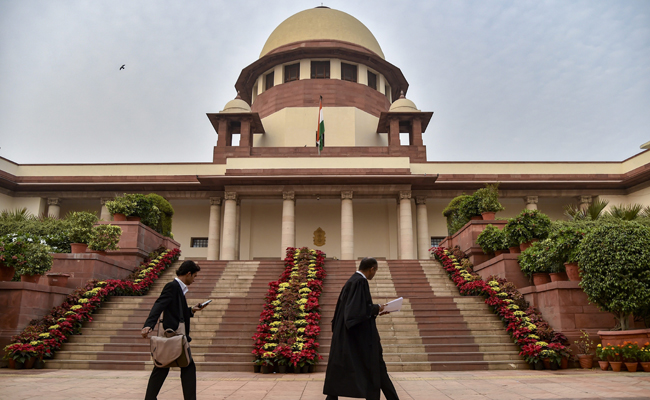Kalaburagi (Karnataka), Sep 17: Karnataka Deputy Chief Minister D K Shivakumar on Tuesday said there is a lot to learn from the poll process in the United States and the way election rallies are conducted there.
Shivakumar, also state Congress chief, returned from his ten-day visit to the US earlier today.
He said it was private visit and he had not met any top political leaders there.
"Mine was a private trip, not the government, I had gone with family for some personal work," Shivakumar told reporters here.
Asked about his trip being "linked" by some to the November five US Presidential election, he said: "all those things are false, the place I had gone, election (rally) was going on there, I had gone to see how things happened there....I have not met anyone (leaders)."
"...we have a lot to learn, the passion there, youths, interest, election process -- all those things, there is a lot to learn, I will speak about it some other time," he added.
Earlier in the day, speaking to reporters in Bengaluru, Shivakumar, replying to a question on his meeting with former Congress President Rahul Gandhi in the US, said he doesn't need to take anyone's permission to meet his party leader, and what transpired in the meeting is not for public consumption.
There were speculations in some quarters linking Shivakumar's meeting with Rahul Gandhi over the possibility of change of Chief Minister. Shivakumar had in the past made no secret of his ambition to become CM.
To a question on violence and tension in Nagamangala in Mandya district and Mangaluru in Dakshina Kannada district, Shivakumar said the government and the police department had taken immediate action to bring the situation under control and will take action against the culprits.
"Those who want to do politics will do, we will not bother about it," he said, in an apparent dig at the opposition BJP and JD(S).
Let the Truth be known. If you read VB and like VB, please be a VB Supporter and Help us deliver the Truth to one and all.
Mumbai: A day after the Mahayuti coalition secured a landslide victory in the Maharashtra Assembly elections, attention has turned to the Ladki Bahin Yojana, a flagship welfare scheme that played a pivotal role in attracting women voters.
The scheme, launched in July 2024, offers ₹1,500 per month to economically disadvantaged women aged 18 to 65. The Mahayuti, in its election manifesto, pledged to increase the amount to ₹2,100 per month, a promise now under scrutiny due to fiscal concerns. With the scheme projected to cost the exchequer ₹33,300 crore from July 2024 to March 2025, bureaucrats are exploring ways to revise its provisions to prevent a financial imbalance.
Finance Minister and NCP leader Ajit Pawar hinted at the challenges, stressing the need for "financial discipline." A senior bureaucrat confirmed that plans are underway to prune the list of beneficiaries, citing the inclusion of ineligible individuals due to incomplete Aadhaar seeding and lack of required ration cards. According to the finance department, nearly one crore women out of the 2.43 crore registered beneficiaries may not qualify for the scheme.
The state’s debt burden is already projected to reach ₹7.82 lakh crore for the fiscal year 2024-25. Officials warn that continuing the scheme in its current form could impact the government’s ability to pay salaries by January. Despite these concerns, the ruling coalition is hesitant to reduce the beneficiary list, likely due to the upcoming civic elections.
Chief Secretary Sujata Saunik is expected to present renegotiation proposals to the new chief minister soon. Meanwhile, Shiv Sena spokesperson Krishna Hegde credited the scheme for increasing the number of women voters and boosting the coalition’s vote share. NCP (SP) leader Sharad Pawar also acknowledged the scheme’s role in mobilising women voters.
Other welfare measures introduced by the government include an electricity bill waiver for farmers and three free LPG cylinders annually for six million households. However, the financial viability of such initiatives remains a pressing concern.





